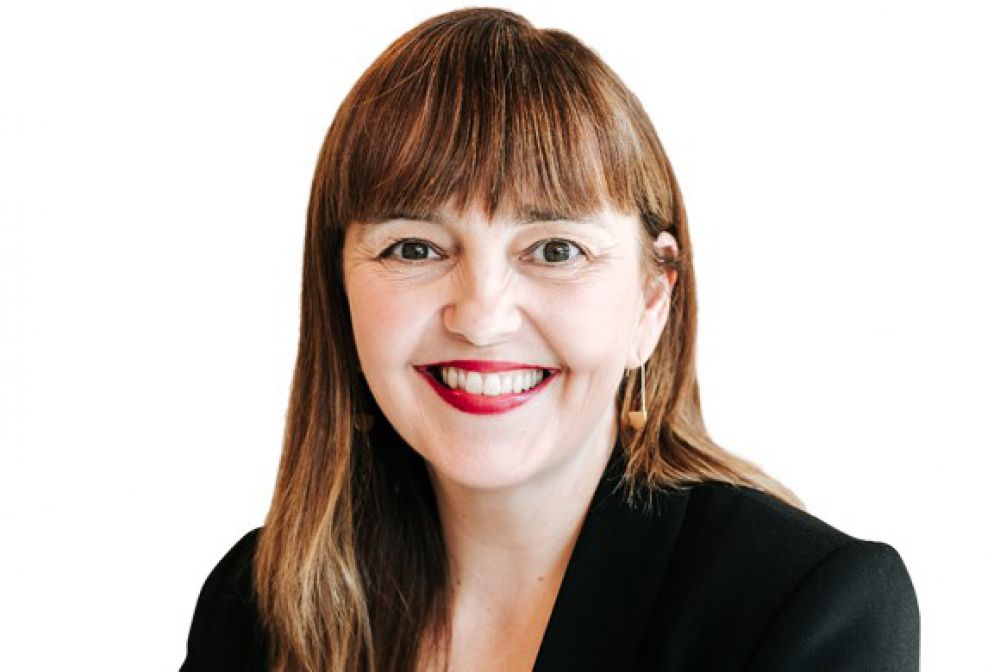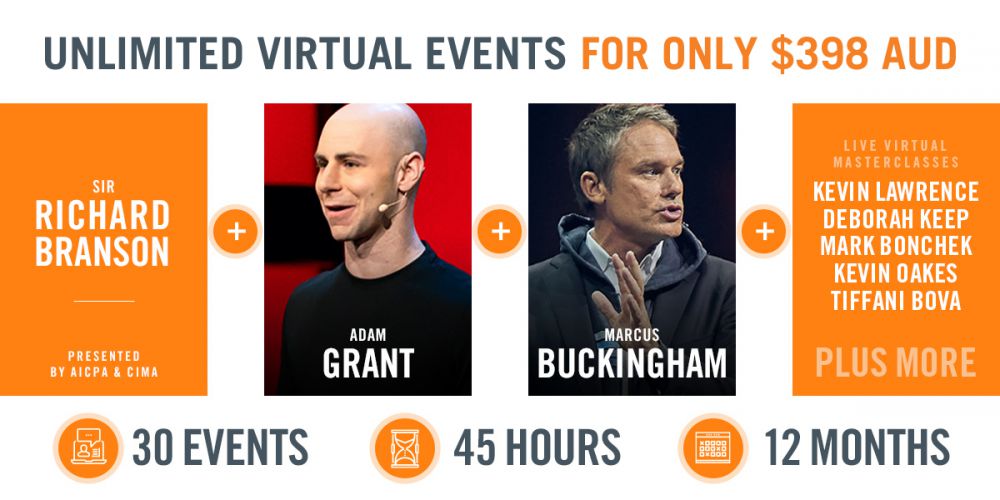Habits that stop cultivating braver, more daring leaders, and embedding the value of courage in your culture

(Image: Kylie Lewis, who trained with Brené Brown to become a Certified Dare to Lead™ and Certified Daring Way™ Facilitator)
If you’re avoiding tough conversations or solving all your team’s problems for them, read on.
According to Dr Brené Brown's research, you may be preventing the building of a courageous culture in your organisation.
Cultivating braver, more daring leaders, and embedding the value of courage in your culture is the work of Dr Brown, and the subject of this week’s Time for Transformation live virtual masterclass with Kylie Lewis, who trained with American professor and Netflix star Dr Brené Brown to become a Certified Dare to Lead™ and Certified Daring Way™ Facilitator.
Kylie explained Dr Brené Brown's 10 Barriers to Courage in organisations:
- Avoiding tough conversations “We’re too nice. We talk ABOUT people, not TO people.”
- Not tending to fears and feelings “We don’t see the workplace as a place for fears and feelings.”
- Corroding trust “Boundaries are not upheld, or stated.”
- Stuck in setbacks “We can’t get back up after a fall.”
- Lack of innovation “We don’t want to take risks.”
- Rush to problem solving/action bias – “We run in to fix problems, rather than solving them further upstream.” Read more on our blog about Upstream thinking.
- Ignoring inclusivity diversity and equity – “We allow our biases to live on.”
- Using shame and blame - “We finger point.”
- Gauzy values - “Our values don’t align with observable behaviours.”
- Perfectionism - “We burn out by trying to do things perfectly.”
During the masterclass, 70% voted “Avoiding tough conversations” as the main barrier to courage in their organisation.
Kylie explained 3 pillars at the heart of daring leadership:
· Vulnerability: You can’t be courageous without it being risky or uncertain, and exposing yourself emotionally. “Embrace the suck” as Brené Brown says.
· Self-awareness and self-love matter: “Who we are is how we lead.”
· Courage is contagious: If one person doesn’t fit or is anxious, then it spreads. Kylie recommends we all ask "What am I responsible for spreading?" when at work.
Dr Brené Brown, in her bestselling books (including Dare to Lead and Daring Greatly) talks about "rumbling with vulnerability."
Kylie explained to the masterclass the definition of rumble:
Rumble: a discussion, conversation, or meeting defined by a commitment to lean into vulnerability, to stay curious and generous, to stick with the messy middle of problem identification and solving, to take a break and circle back when necessary, to be fearless in owning our parts, and as psychologist Harriet Lerner teaches, to listen with the same passion with which we want to be heard. More than anything else, when someone says “let’s rumble” it cues us to show up with an open heart and mind so we can serve the work and each other, not our egos.
So, Rumbling with Vulnerability = Risk, Uncertainty, Emotional Exposure
6 MYTHS OF VULNERABILITY (and their truths):
· Vulnerability is a weakness. Truth: The paradox is that it’s the first thing we look for (and a strength) when we meet others, but it feels like weakness in ourselves.
· I “don’t do” vulnerability. Truth: A meeting at work can be a vulnerable moment.
· I can go it alone. The truth is we are biologically hard-wired for connection.
· I can engineer the uncertainty and discomfort out of relational vulnerability, the same way you engineer it out of systemic vulnerability. Truth: We want people to admit to their mistakes, to point out risks, to speak truth to power.
· Trust comes before vulnerability. Truth: The path to building trust starts with vulnerability. It’s earned in collective moments of vulnerability over time.
· Vulnerability is disclosure. Truth: It’s not disclosure of everything. Leaders who don’t share much may in fact be vulnerable by leaning in, being curious, and listening well (not over-sharing).
“Trust comes before vulnerability” was voted the most surprising myth by delegates (37%).
Vulnerability covers the full gamut of courage, empathy, trust, innovation, creativity, accountability, adaptability, inclusivity, equity, hard conversations, feedback, problem-solving, ethical decision making, resilience, resetting, love, belonging, joy, shame, scarcity, fear, anxiety and uncertainty.
“When you shut down vulnerability, you shut down opportunity.”
Kylie pointed out that when you feel you’re going red or feeling nervous, it’s okay, you are reckoning with the discomfort of vulnerability and you must learn to honour it as courage and moving forward.
· Number one trust building behaviour in organisations is asking for help. Is it encouraged in your organisation, is it explicitly valued? Or is there a culture of blaming, shaming, and a lack of visibility of leaders?
Kylie explained how Google’s Project Aristotle found the #1 factor in high performance was high psychological safety. “What risks did you take this week?” is asked in some Google meetings.
Pyschological safety stems from trust.
Trust: (definition from Charles Feltman “The Thin Book of Trust”): Choosing to risk making something you value vulnerable to another person’s actions.
Distrust: What is important to me is not safe with this person in this situation (or any situation)
Small gestures of braving trust – the B.R.A.V.I.N.G. acronym:
· Boundaries – what’s okay, what’s not okay, and why. Resentment is a huge red flag to a boundary issue.
· Reliability – you’ll do what you say you’ll do.
· Accountability – you own your mistakes, decisions, our energy, who we are. Apologising and making amends.
· Vault – you don’t share information and experiences that are not yours to share.
· Integrity – choosing courage over comfort, choosing what’s right over what’s fun, fast or easy. Practising values, not just professing them.
· Non-judgement - I can ask for what I need, and you can ask for what you need.
· Generosity – Extending the most generous interpretation to the intentions, words, and actions of others. Assuming the best of others.
Rumbling with braving self-trust activity:
- Think of a time at work where you experienced a setback.
- Ask yourself: Did I respect my own boundaries? Was I reliable? Did I hold myself accountable? Did I respect the vault and share appropriately? Did I act from my integrity? Did I ask for what I need? Was I generous towards myself?
Recommended viewing and reading: The Leadership documentary and Kylie Lewis’s Trust Primer and Daretolead.brenebrown.com/assessment, and Dare to Lead.
If you'd like to increase your professional development why not consider becoming a member of The Growth Faculty? One membership, unlimited access to 30 live virtual Time For Transformation masterclasses and the best live virtual events - PLUS year-round leadership content On Demand with videos, podcasts and book summaries. Join a community of knowledge seekers who are inspired by the best. Access $4350+ value for just $398 AUD. See who's up next.


 Australia
Australia
 European Union
European Union
 New Zealand
New Zealand
 United Kingdom
United Kingdom
 United States
United States
 Singapore
Singapore

